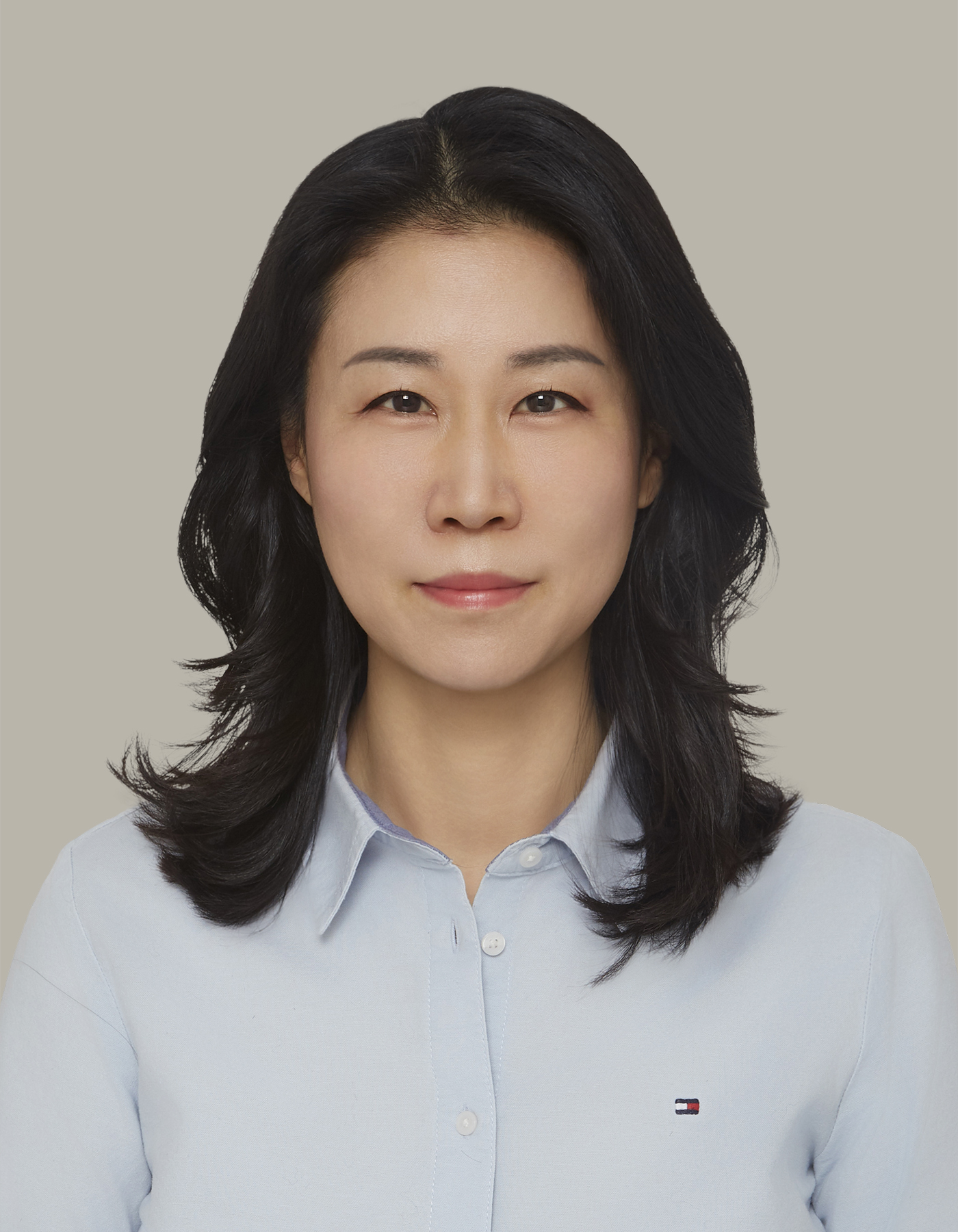Hyeonmi Hong Assistant Professor

| Career and thesis | |
|---|---|
| Education | Educational Technology, Seoul National University, PhD.
Educational Technology, State University of New York, M.S.Ed. |
| Major career | Senior Researcher, The Center for Education Research, Seoul National University
Research Professor, The Institute for Medical Science, Jeju National University Research Associate, Educational Research Institute, Seoul National University |
| main paper | Hong, H., & Shin, S. (2024). Effects of the use of a conversational artificial intelligence chatbot on medical students' patient-centered communication skill development in a metaverse environment. Journal of Medicine and Life Science, 21(3), 92-101.
Hong, H. (2024). Effective blended learning instructional design strategies in medical education. Journal of Medicine and Life Science, 21(3), 53-61. Hong, H., Kang, Y., Kim, Y., & Kim, B. (2023). Application of artificial intelligence in medical education: focus on the application of ChatGPT for clinical medical education. Journal of Medicine and Life Science, 20(2), 53-59. Hong, H., Yun, Y. H., & Kim, Y. (2023). Exploring the educational potential of metaverse for medical education. Journal of Medicine and Life Science, 20(1), 8-14. Kang, Y. J., KANG, Y., Hong, H., & Lee, W. (2023). The Development of an Instructional Model of Holographic Standardized Patient-based Learning for Enhancing Clinical Reasoning skill in Undergraduate Healthcare Education. International Journal of Advanced Culture Technology, 11(1), 18-26. Hong, H. (2022). Holographic Standardized Patients. Korean Medical Education Review, 24(3), 262-263. Song, D., Oh, E. Y., & Hong, H. (2022). The impact of teaching simulation using student chatbots with different attitudes on preservice teachers’ efficacy. Educational Technology & Society, 25(3), 46-59. (I.F. 4.595) Song, D., Hong, H., & Oh, E. Y. (2021). Applying computational analysis of novice learners' computer programming patterns to reveal self-regulated learning, computational thinking, and learning performance. Computers in human behavior, 120, 106746. (I.F. 9.0) Hong, H., & Kim, Y. (2021). Applications and effects of edtech in medical education. Korean Medical Education Review, 23(3), 160-167. Hong, H., & Jung, Y. E. (2020). Review of effective instructional methods for medical education: focusing on flipped learning. Journal of Medicine and Life Science, 17(1), 1-6. And more (Total publication record: 50 papers including 3 SSCI-indexed, 1 international, and 26 KCI-indexed journals, updated March 17, 2025) Books Song, D., Shin, Y., & Hong, H. (2022). Learning Analytics as an integrated approach in mixed methods research. In J. Hitchcock & A. Onwuegbuzie (Eds.), The Routledge Handbook for Advancing Integration in Mixed Methods Research (pp. 288-300). Routledge. Awards 2025, Best Paper Award, Journal of Medicine and Life Science “Effects of the use of a conversational artificial intelligence chatbot on medical students' patient-centered communication skill development in a metaverse environment” 2022, Faculty Research Excellence Award, Jeju National University |












 예비대학생
예비대학생 재학생
재학생 졸업생
졸업생 일반인
일반인 교직원
교직원